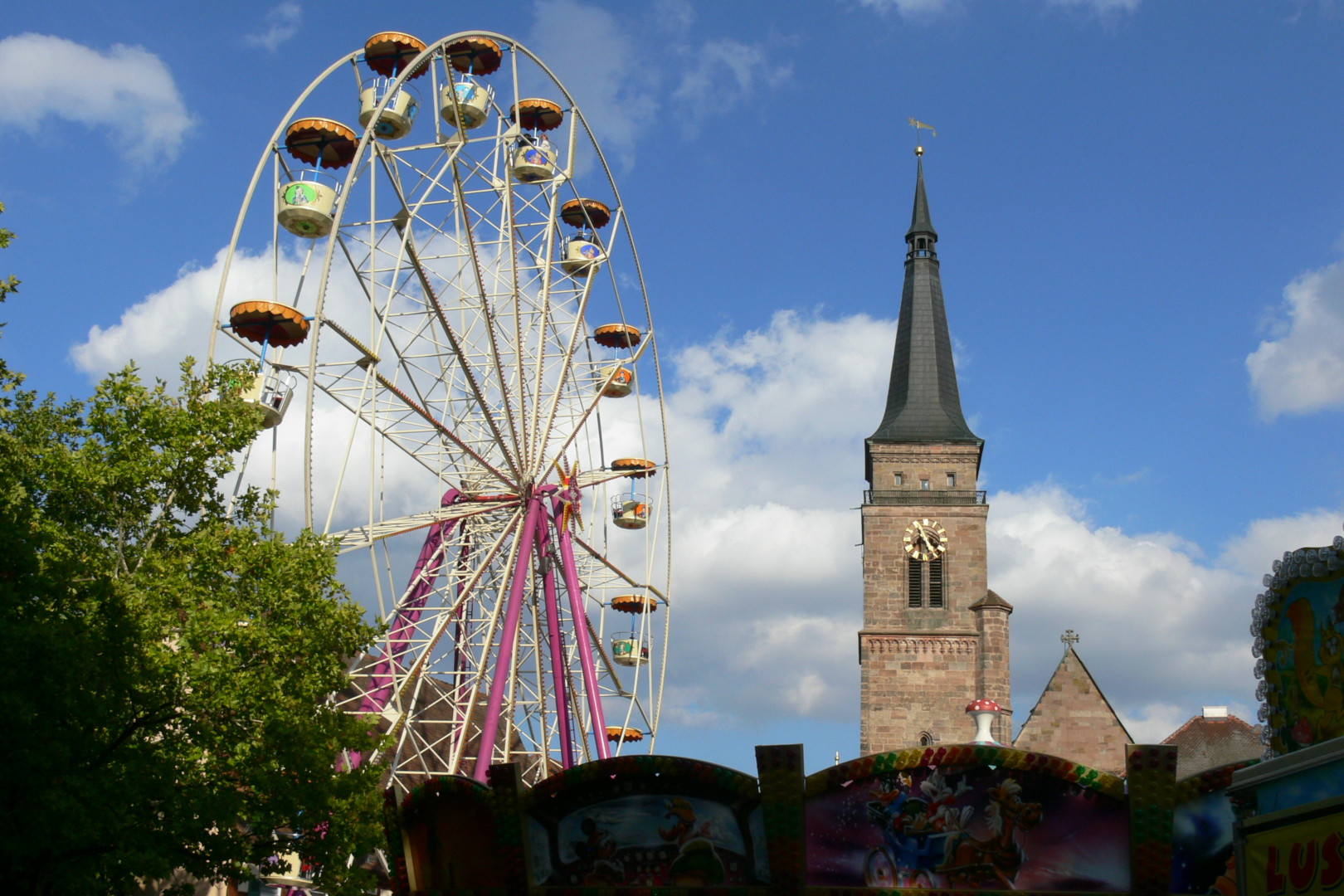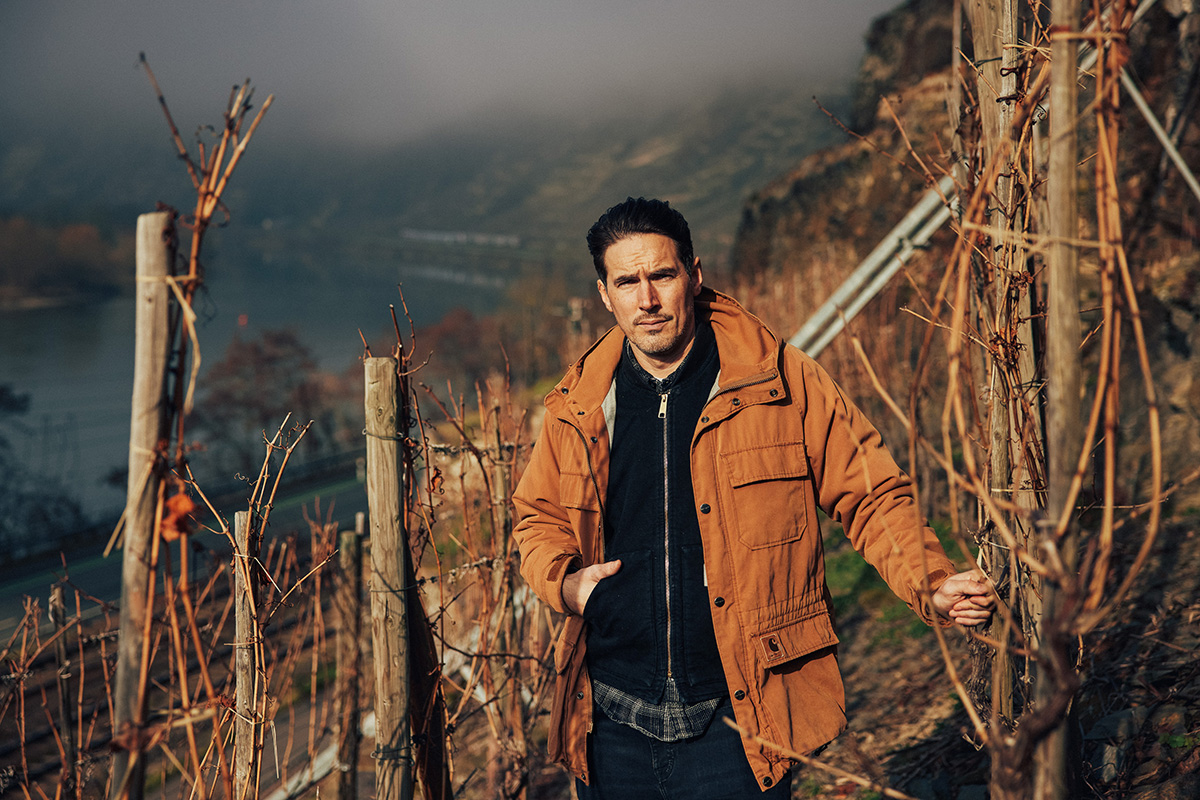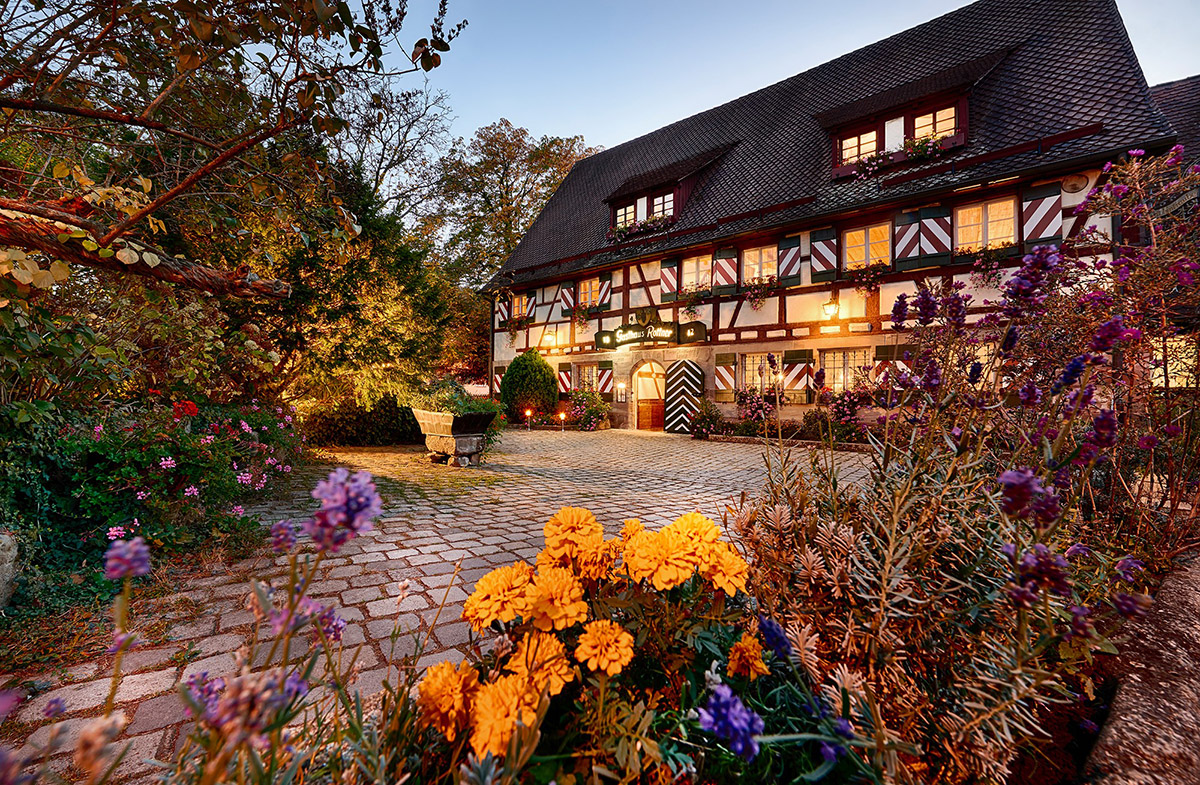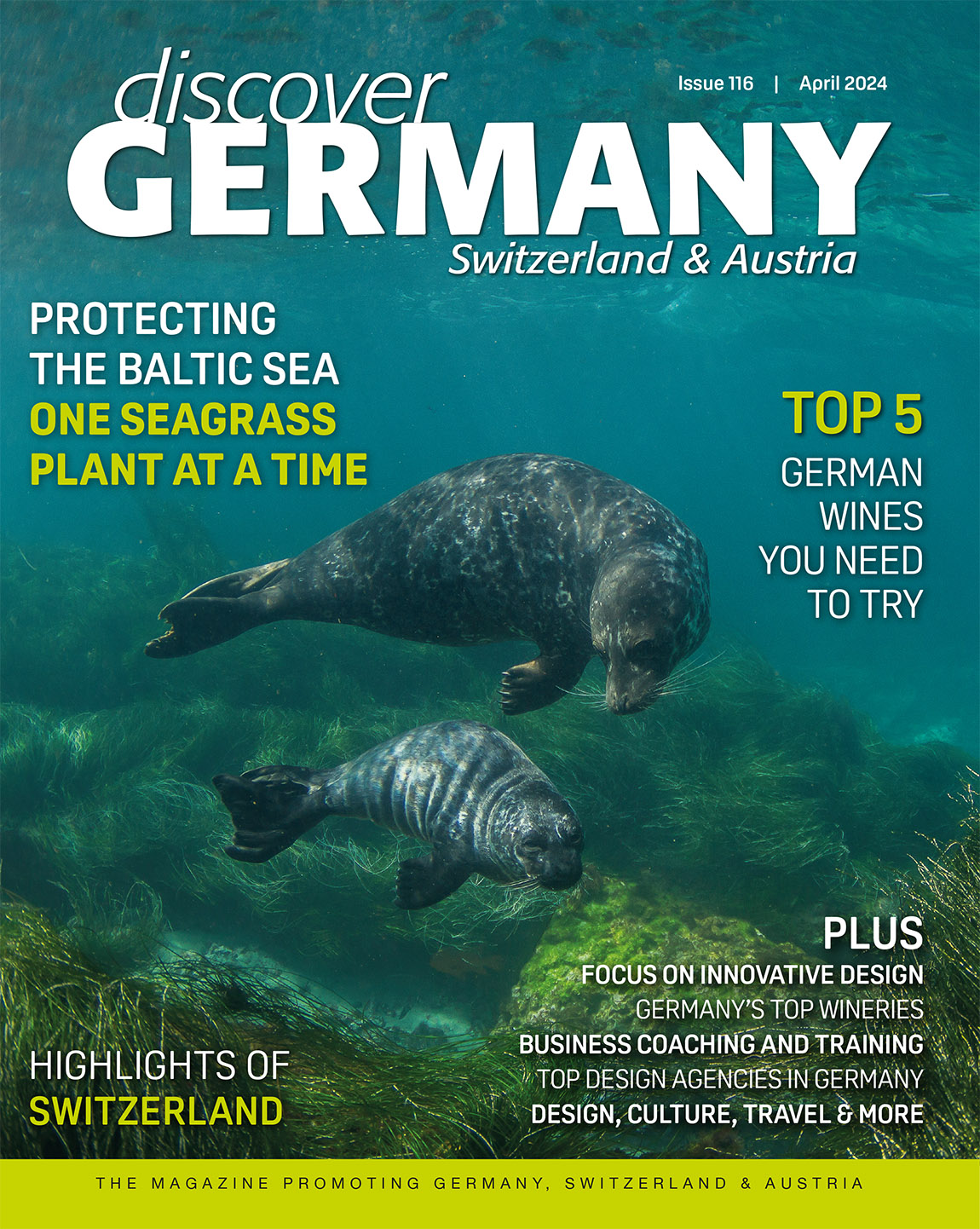Bavarian traditions: More than dirndl, lederhosen and beer

‘O’zapft is!’; this exclamation brings certain images to one’s mind: German people drinking a great deal of beer in huge glasses while wearing lederhosen or Dirndl and having – unlike the usual stereotypes – a pretty good time. But did you know that all this fun is a very long tradition and has its roots in a marriage and religious celebration from the Middle Ages? Since the world’s most famous fair, the Oktoberfest in Munich, begins this month, Discover Germany provides you with some cultural background information of southern Germany’s best traditions and customs.
Our little cultural journey starts in the south-eastern part of Germany, the federal state of Bavaria, more precisely in Munich. The city is home to the original Oktoberfest and hosts the big fair every year at the end of September and beginning of October for two weeks. The very first time this fair was held was in October 1810. Back then, Bavaria was an independent kingdom trying to find an adequate way to celebrate the wedding of the crown prince Ludwig of Bavaria and Princess Therese of Saxony-Hildburghausen. The celebrations lasted for five days and ended with a horserace at the same place where the Oktoberfest takes place until today. The officials decided to organise the festivities as down-to-earth as possible and let the public take part in it to strengthen the people’s identity with the kingdom and the dynasty.
Since it was such a big success, the fair was held year after year and kept on growing. More tents, booths and amusement rides joined the fair at the ‘Theresienwiese’, named after the former bride Princess Therese. Today, around six million visitors come to Munich every year and about 7.5 million litres of beer are consumed during the Octoberfest. Although the celebration becomes more and more international with people coming from all over the world to experience the Bavarian style of celebrating, the organisers have successfully maintained the traditional character. But not only has the big city of Munich got its own big fair, every town or even small village in South Germany will have a week or weekend full of dirndls, music, and beer.

Women in Dirndl. Photo: © Leonie Liebich
‘Kirchweih’ in Franconia
The northern part of Bavaria, also called Franconia, is known for celebrating the ‘Kirchweih’ rather than an Octoberfest. A ‘Kirchweih’ is literally the dedication of a church in the German language and since most of the church dedications took place in the Middle Ages, the celebration of this day is a very long tradition. The festivities are often held on the date of the actual dedication or the anniversary of the church’s patron saint. Usually they last for one weekend from Friday to Monday and include a great deal of customs and traditions performed by the younger generations of the town or village. Traditionally, only the boys, who already had their confirmation, were allowed to perform these customs until they got married. But nowadays the girls are, of course, welcomed to join them in preserving the traditions.
One highlight is the raising of the ‘Kirchweih-tree’, usually a spruce, on Saturday morning. Therefore, the village youth go into the local woods in the very early morning to log the nicest tree – of course with some help of a forester – to bark it and to decorate its crown. Then it is brought into the village and put up on the market place in front of the cheering residents and visitors. The festivities take place in the local inn or in a special tent that is put up for the celebrations. Several bands guarantee a great atmosphere and also play for the traditional dances of the village youth on Sunday. Depending on the size of the town or the village, they might also have a children’s merry-go-round and some fairground stalls for sweets or shooting. The celebration of the ‘Kirchweih’ is always something special during which most of the people who moved away come back to their home town to celebrate with former classmates and neighbours. Every young child looks ahead of the time when it will be their turn to preserve all the customs and traditions.

Children eating cotton candy. Photo: © Leonie Liebich
A cultural export hit
But it is not just Germany where people love to celebrate the Octoberfest or the ‘Kirchweih’. The festivities have become the most successful cultural export hit around the world. Be it in New York City, Sydney or London, there are many adaptions and even more fans of this particular cultural tradition. Women dress up in the most colourful dirndl and men smarten up with lederhosen and a checked shirt. Numerous event organisers offer beer imported from famous breweries in Germany and serve it in the one and only giant beer mug that holds exactly one litre so that everyone around the world can join the most-loved German traditions and customs.
TEXT: MONIQUE AMEND
Subscribe to Our Newsletter
Receive our monthly newsletter by email




